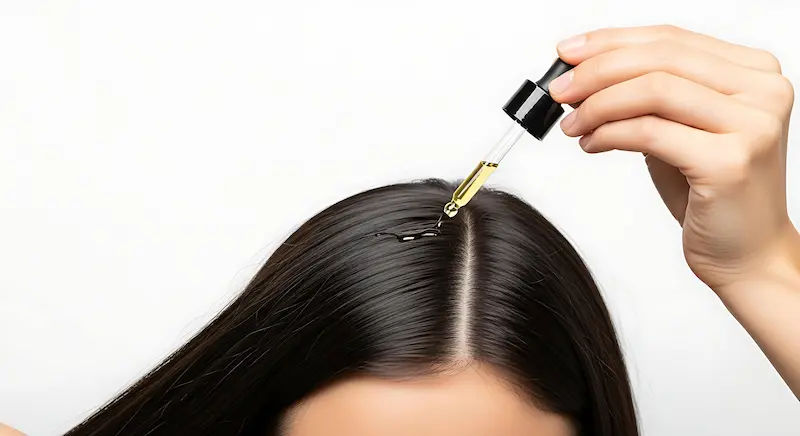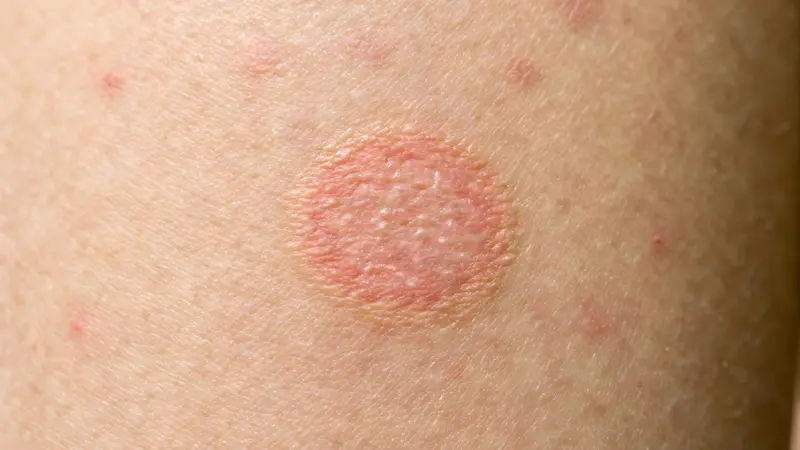- female
- 30 Years
- 20/02/2025
After having my gallbladder removed on August 5th, 2017, I've been struggling with a lot of hair loss for the past couple of months. I'm really worried about this and was wondering if there's a permanent solution you could suggest?
Answered by 1 Apollo Doctors
it occurs tablet
Dr. Ranjith Suggests...
Consult a Dermatologist
Answered 25/07/2025
0
0


Ask Apollo
AI powered Health Chatbot
-
Understanding Post-Gallbladder Removal Hair Loss
- Gallbladder removal can affect nutrient absorption, potentially leading to hair loss. Consider other causes like hormonal changes or stress.
-
Medical Evaluation and Diagnostic Tests
- Consult a healthcare provider or dermatologist.
- Tests may include thyroid function, iron levels, vitamin B12, and vitamin D.
-
Treatment Options
- Consider supplements if deficiencies are found (e.g., iron, biotin).
- Medications like minoxidil may promote hair regrowth.
- Address underlying causes such as hormonal imbalances.
-
Lifestyle and Hair Care Recommendations
- Use gentle hair care practices.
- Maintain a balanced diet rich in proteins and vitamins.
- Implement stress management techniques.
-
When to Consider Specialist Referral
- See a dermatologist or trichologist if initial measures are ineffective.
-
Realistic Expectations and Follow-Up
- Hair regrowth can take several months; regular follow-up is important to monitor progress.
Recommended next steps
Consult a Dermatologist or Take a Thyroid Profile (T3 T4 TSH) Test Test
Answered 20/08/2025
0
0
More Dermatology Health Queries
View allI'm dealing with a fungal infection on my penis and FourDerm cream helped clear it up in just a few days, but now I have about 23 spots left. One of them is a noticeably bigger red spot. Are these spots part of the healing process, or should I be worried? How long might it take for my skin to look normal again?
Atleast 4-6 weeks..
Answered by 1 Apollo Doctors
I'm worried because I applied chuna powder on my mole, and now it's healing. How long will it take to heal completely? Will there be any scars? Can you recommend any ointments I can get in India to speed up the healing process?
It is important to keep the area clean and protected while it heals. You can apply Silverex cream twice a day to help with the healing process and reduce the risk of scarring. Make sure to consult a doctor if you notice any signs of infection or if the mole does not heal properly.
Answered by 1 Apollo Doctors
I've been having some issues with acne, especially whiteheads, and I think it might be a side effect from the B12 injections I had. The injections were Nervijen Plus and had ingredients like Folic Acid, Methylcobalamin, and Niacinamide. I got two shots, one on December 25th, 2017, and the other on January 1st, 2018. I'm wondering how long this acne could last? Every morning there's a new whitehead popping up. It's not as bad as it was, but it's still pretty annoying. Is there anything I can do or take to make this stop?
The acne caused by the B12 injection should subside on its own within 2-3 months, and to manage it, maintain good skincare habits, use acne treatments, avoid picking or popping whiteheads, and consider consulting a dermatologist for personalized advice.
Answered by 1 Apollo Doctors
Disclaimer: Answers on Apollo 247 are not intended to replace your doctor advice. Always seek help of a professional doctor in case of an medical emergency or ailment.




